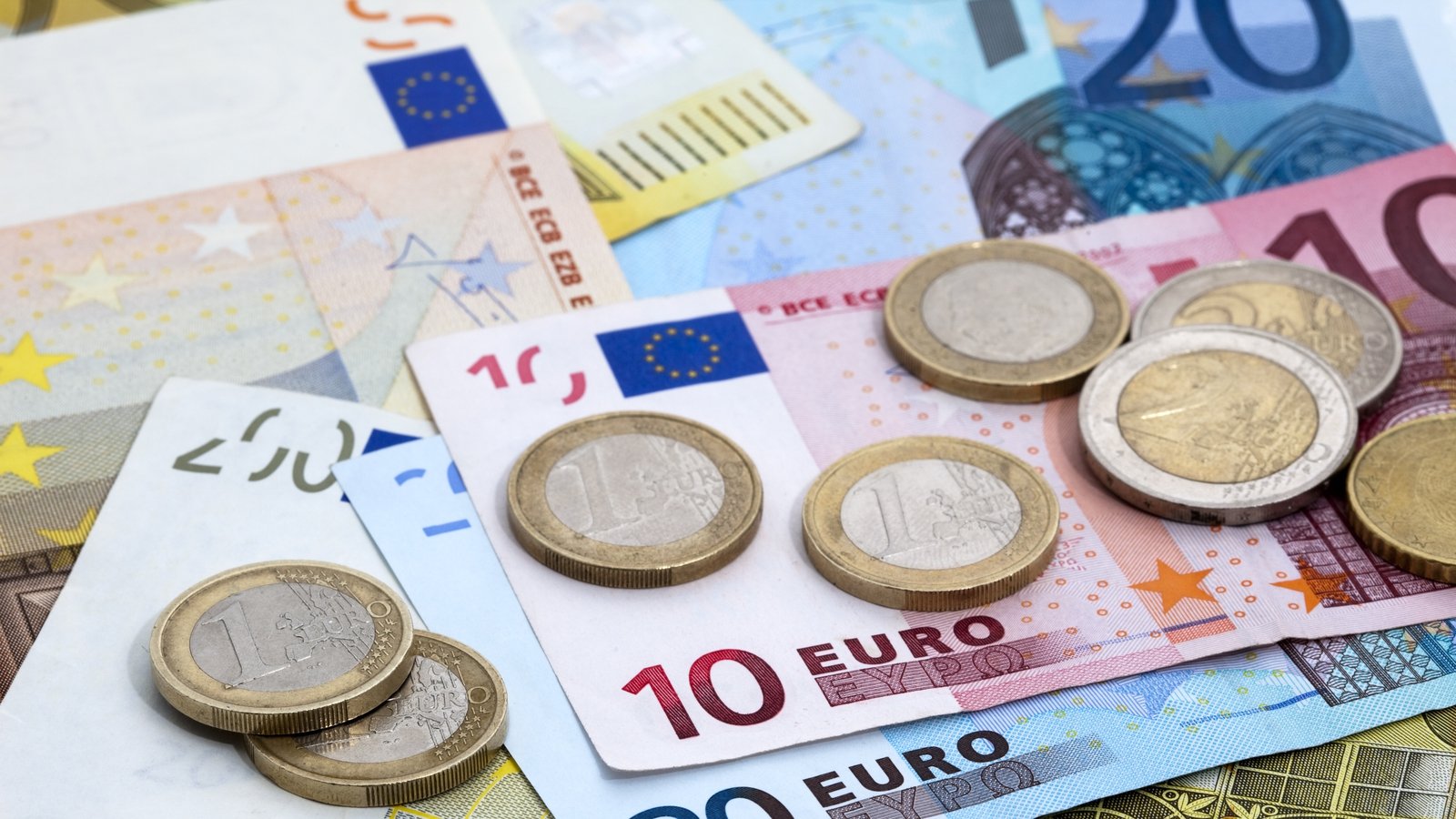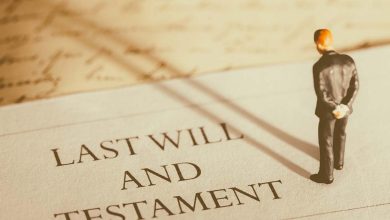Limited spending options and fears of what was to come turned Irish consumers into big savers during the pandemic lockdowns.
Even when the economy reopened, the average household was saving far more of their income than before – although recent data suggests rising prices are forcing that to change.
This means that there is currently a huge mass of money in Irish bank accounts – just at a time when households, businesses and politicians are looking for ways to cover the rising cost of living.
How much money have people here saved?
We need your consent to load this content rte-playerWe use rte-player to manage additional content which may place cookies on your device and collect data about your activity. Please check their details and accept them to load the content.Manage preferences
A huge amount – somewhere in the region of 146 billion euros at the end of July, according to the most recent figures from the Central Bank.
To put that into context, the budget ahead is estimated to be around €6.5 billion – and that’s a much bigger figure than it would be in a normal year, due to the billions of euros planned around the cost of living.
Thus, the Irish currently have more than 22 exceptional budgets in cash in their bank accounts.
And that number has increased dramatically over the past two and a half years – because people have saved an extraordinary amount of money during the pandemic.
Comparing the figure for February 2020 with that for July 2022, there is almost 35 billion euros more in our economies. This is the kind of money that would normally take a decade or more to accumulate.
This equates to around €28,600 for every person in the country.
But I don’t have anything like that in my bank account…
Unfortunately, all this money is not distributed very evenly.
And, unsurprisingly, it is the country’s high earners who tend to hold the bulk of the money saved.
It must be said that most people in the country have some level of savings – recent figures from the Central Bureau of Statistics indicate that almost 97% of households have some form of savings.
But the amount of these savings accounts tends to decrease depending on the amount of a person’s disposable income.
There are also links between the likelihood of having savings and your level of education, and whether someone lives in their own home or rents.
And this savings inequality has only been reinforced by the pandemic.
If you were to take two types of workers – say, a high income tech worker and a regular retail worker.
There’s already a huge difference in their income here – but when the pandemic hit, the tech worker was able to continue doing their work from home, virtually uninterrupted.
This meant that their income stayed the same, in some cases it actually increased, and because they couldn’t go anywhere, all of their socializing money suddenly started piling up in their bank account.
The retail worker also wouldn’t have had much money available to spend his money, but because he was forced to stop working altogether and pay the pandemic unemployment benefit, he didn’t have much disposable income left once his bills were taken care of.
Are we still saving our money?
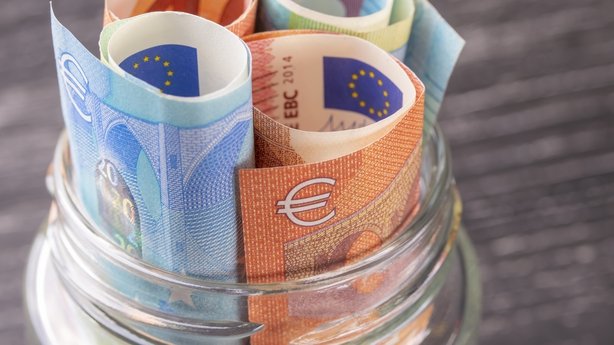
As the economy began to reopen, there was a lot of talk about what might happen with all the savings accumulated during the height of the pandemic.
Some – especially retailers – hoped there might be some sort of post-lockdown spending spree.
Consumer spending increased – and some people seemed to be investing their savings in major expenses, such as a trip abroad. Part of the rapid rise in property prices has also been attributed to people channeling their savings into a deposit on a new home.
But while spending has been higher than before, it’s certainly not the madness some expected.
In fact, so far it seems that people have continued to save even as life returns to normal.
The most recent statistics on household savings from the CSO show that people were still setting aside almost 20% of their income at mid-year.
That’s about double the pre-pandemic average.
Maybe people have realized that they are able to save more than they previously thought – or maybe it shows that households remain cautious, especially in the context of the war in Ukraine and rumors of a recession in the euro zone.
It must be said, however, that these CSO numbers only get us into June – before the cost of living crisis really started to bite.
A more recent Bank of Ireland survey shows that people are now saving less than they should because they simply cannot afford it.
So if we’re not spending it, what options do savers have to get the most out of their money?
Well, if they’re looking to save him, there’s not much to offer right now.
On the whole, savings accounts offer next to nothing in terms of interest – and that’s the case since the European Central Bank cut interest rates to zero.
ECB interest rates are on the rise, but so far Ireland’s major banks – apart from tracked mortgages – have yet to pass them on.
That’s good news for those with a variable mortgage or someone with a personal loan, but it’s bad news for savers because it means they don’t get the interest rate yet. .
For those looking for a return on their money, investments are of course an option – but only if you have a lump sum of money that you are happy to put away for a few years.
And, unlike savings, there are no guarantees with investments – so you could end up losing money or not gaining hugely.
Generally, it’s about balancing risk and reward with this sort of thing – if you want the best chance of making a great return, you need to make riskier investments.
If you want to be sure not to lose money, you’re going to have to opt for something that promises fairly modest returns.
Take, for example, a 10-year national solidarity bond, which is 100% guaranteed by the state.
If you invest €1,000 in it today, in 10 years you will get back €1,100.
And with the current rate of inflation…
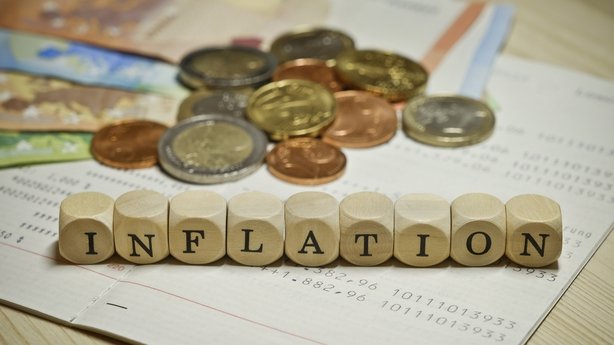
This is the problem facing all people who are saving right now – they get little or nothing for their money, and the value of that money goes down every month.
For example, if you invested that €1,000 in your savings at the start of the pandemic, in terms of purchasing power, it is now effectively worth less than €890 because of inflation.
The rate of inflation should decrease over the next two years, but it will still be higher than desired, which means that your money is slowly losing value while it is not earning you anything.
So what other options do savers have?
Well they could spend the money – although due to inflation there’s not a whole lot of value to be had, especially if they’re planning on doing something like a renovation or upgrade their house.
People may also not want to let go of their savings just yet, for fear of needing them if their household budget gets even tighter or if there is another economic downturn that threatens their income.
And general personal finance advice is to keep some cash on hand at all times – just in case your income suddenly stops or the washing machine breaks down.
So using all your savings is not a good idea anyway.
But assuming you have money beyond that recommended buffer, paying off debt is probably a good use of money right now, especially if it’s a high-interest loan. like on a credit card.
The most recent statistics from the Central Bank tell us that household debt stood at 128 billion euros at the end of last year – so not too far off what we have saved.
If people have the money to pay off some of that, it could mean reducing or even eliminating loan repayments altogether, which will bolster their monthly budgets as winter approaches.
In fact, even if you only repay part of a loan, like your mortgage, it will be enough for you in the end.
Another option is to put money towards a pension.
For many this is about as long term an investment as possible, but we know that lack of pension benefits is a major problem in Ireland, and it takes a long time for people to build up the type of retirement capital that they would like to have a comfortable retirement.
Is there a way for the government to tap into these savings?
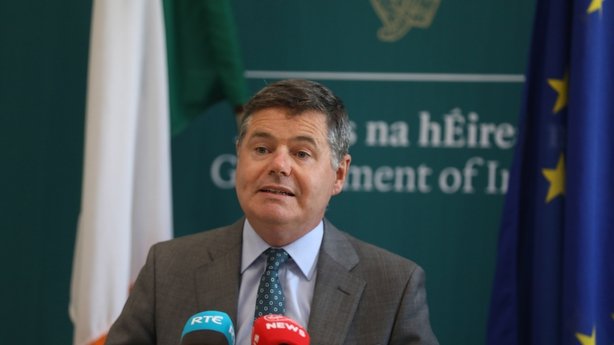
Well, it already is – for example, any interest earned is subject to the Deposit Interest Retention Tax – or DIRT – at 33%.
However, since people haven’t made much money from their savings in recent years, there isn’t really much money to be made from this tax at the moment.
The government savings scheme, including things like the National Solidarity Bond and Prize Bonds, is an effective attempt by the government to benefit people’s savings equally.
This is because they are effectively a way for the state to borrow citizens’ money for an extended period, which they can then use for various investments and public services.
Beyond that, however, the government is actually in a bit of a pickle when it comes to people’s savings.
Normally, if you were looking at businesses across the country in trouble on the one hand, and billions and billions sitting in savings accounts on the other, it would make sense to try to come up with a scheme to try to free this money to help businesses out.
Think of a sort of reverse SSIA system that encourages spending rather than saving.
But, if you were to do that, you would run the risk of simply making the inflation problem worse right now – which would only prolong the pain that consumers and businesses are currently facing.
So, as counterintuitive as it sounds, the government probably doesn’t want too much money entering the economy right now.
In fact, it is partly for this reason that a central bank raises interest rates when it wants to dampen economic activity. Because higher interest rates on your savings account – at least in theory – encourage you to save rather than spend.
#Irelands #exceptional #savings #put #good
